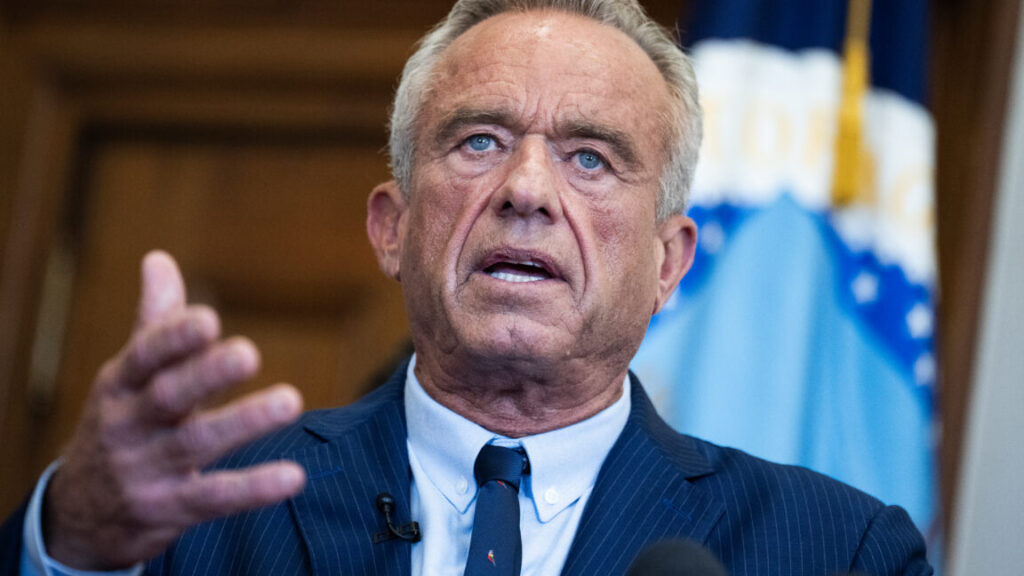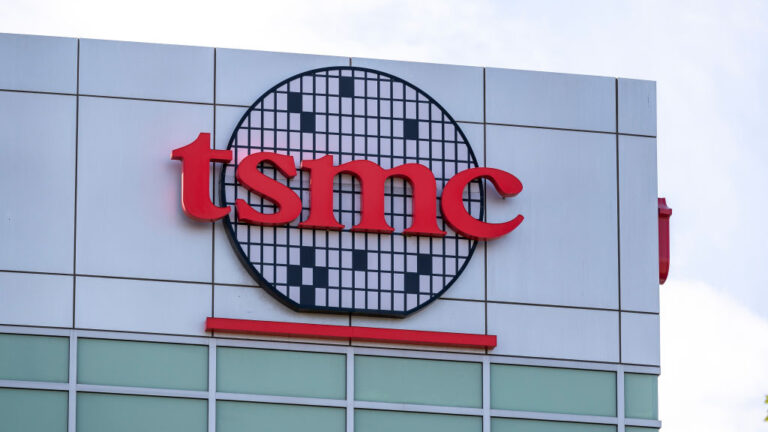RFK Jr.’s Wi-Fi and 5G conspiracies appear to make it into MAHA report draft
The Trump administration’s plans to improve Americans’ health will include a push to review the safety of electromagnetic radiation, echoing long-held conspiracy theories and falsehoods about Wi-Fi and 5G touted by health secretary and anti-vaccine advocate Robert F. Kennedy Jr.
On Friday, Politico obtained a draft version of the “Make Our Children Healthy Again Strategy,” a highly anticipated report from the Make America Healthy Again (MAHA) Commission intended to steer the administration’s health policy. The report, which has not been adopted by the White House, is being viewed as friendly to industry, and it contains little to no policy recommendations or proposed regulations. For instance, it includes no proposed restrictions on pesticides or ultra-processed foods, which are top priorities of the MAHA movement.
Otherwise, the document mainly rehashes the talking points and priorities of Kennedy’s health crusades. That includes attacking water fluoridation, casting doubt on the safety of childhood vaccines, pushing for more physical activity in children to reduce chronic diseases, getting rid of synthetic food dyes, and claiming that children are being overprescribed medications.
Notably, the report does not mention the leading causes of death for American children, which are firearms and motor vehicle accidents. Cancer, another top killer, is only mentioned in the context of pushing new AI technologies at the National Institutes of Health. Poisonings, another top killer, are also not mentioned explicitly.
While the importance of water quality is raised in the report, it’s only in the context of fluoride and not of any other key contaminants, such as lead or PFAS. And although the draft strategy will prioritize “whole, minimally processed foods,” it offers no strategy for reducing the proportion of ultra-processed food (UPF) in Americans’ diets. The strategy merely aims to come up with a “government-wide definition” for UPF to guide future research and policies.
RFK Jr.’s Wi-Fi and 5G conspiracies appear to make it into MAHA report draft Read More »

